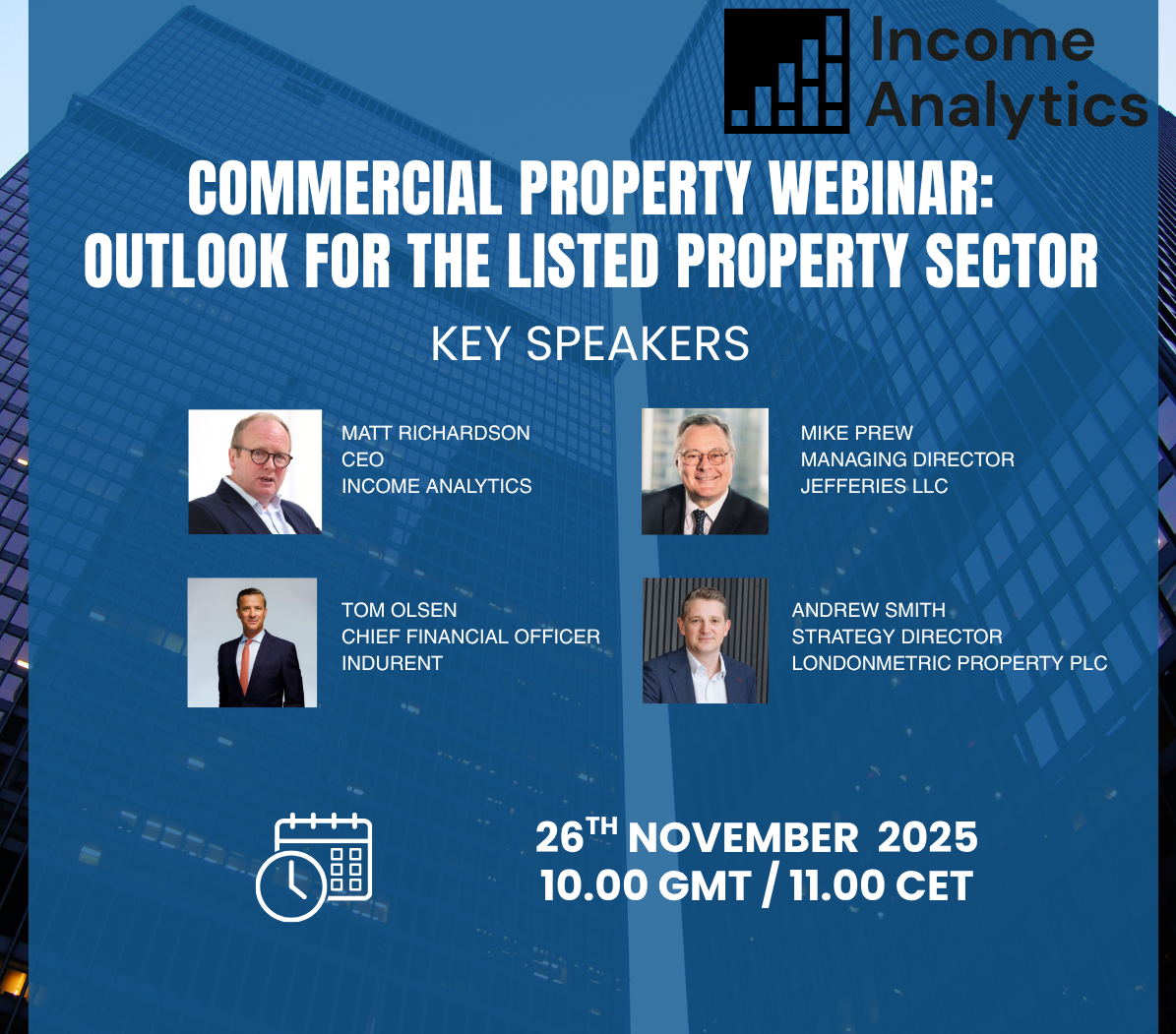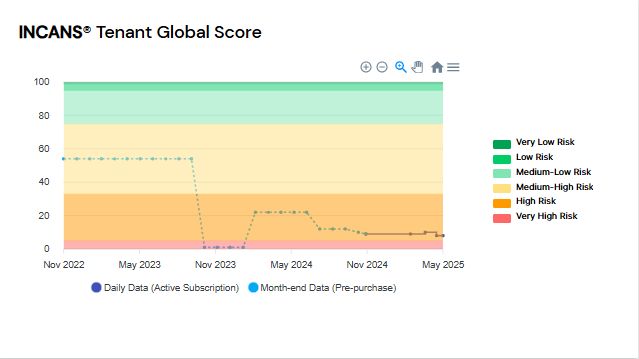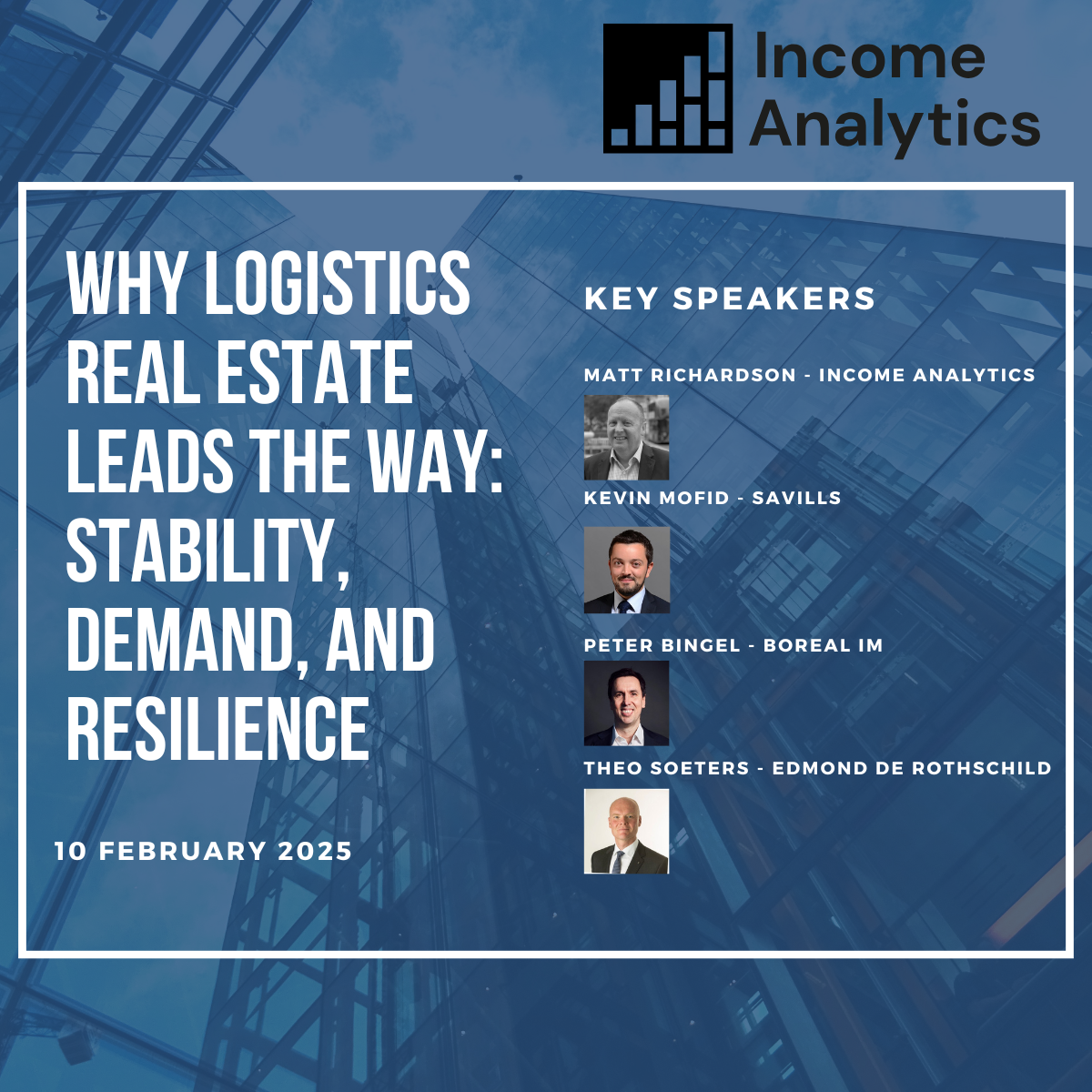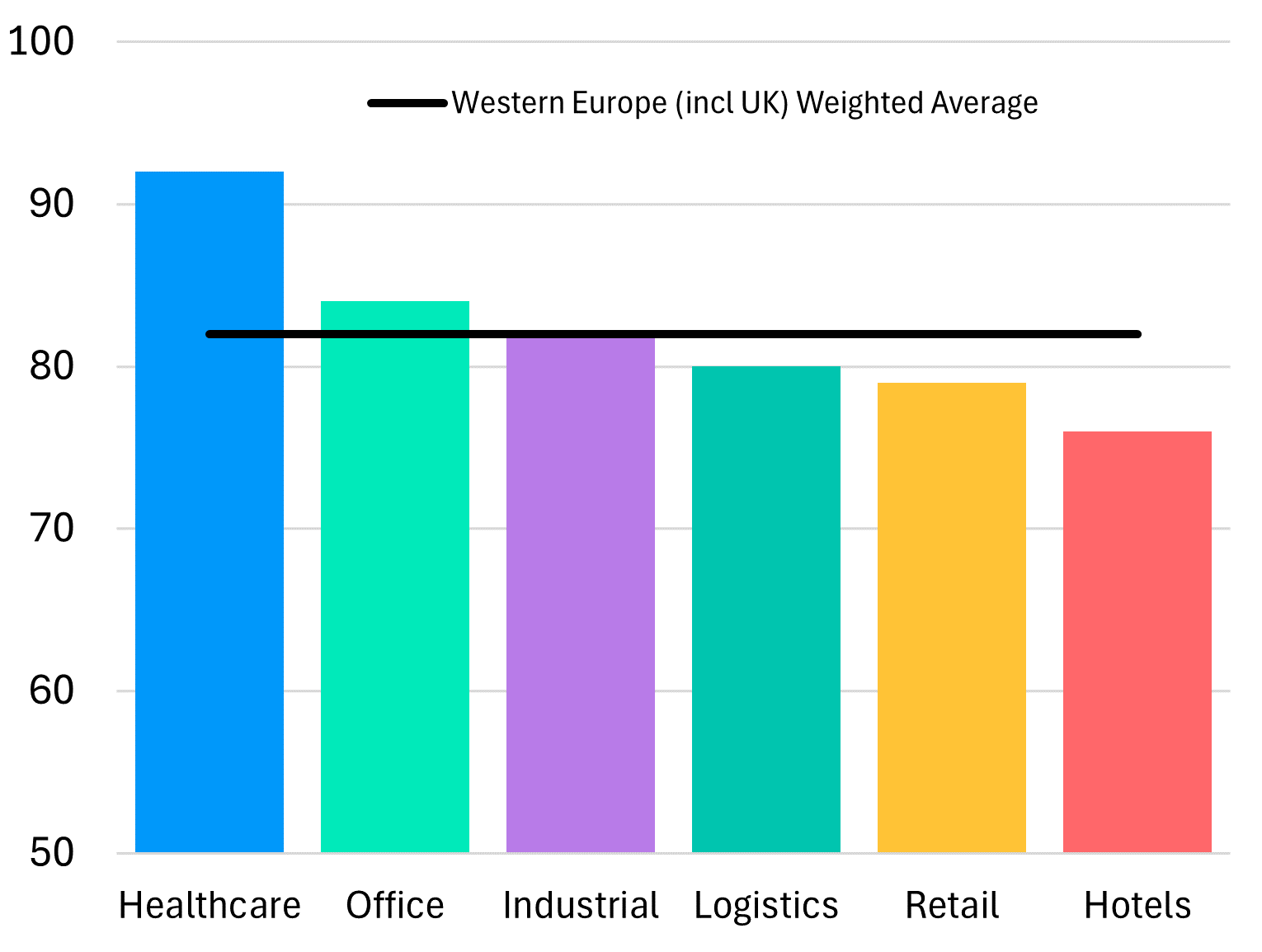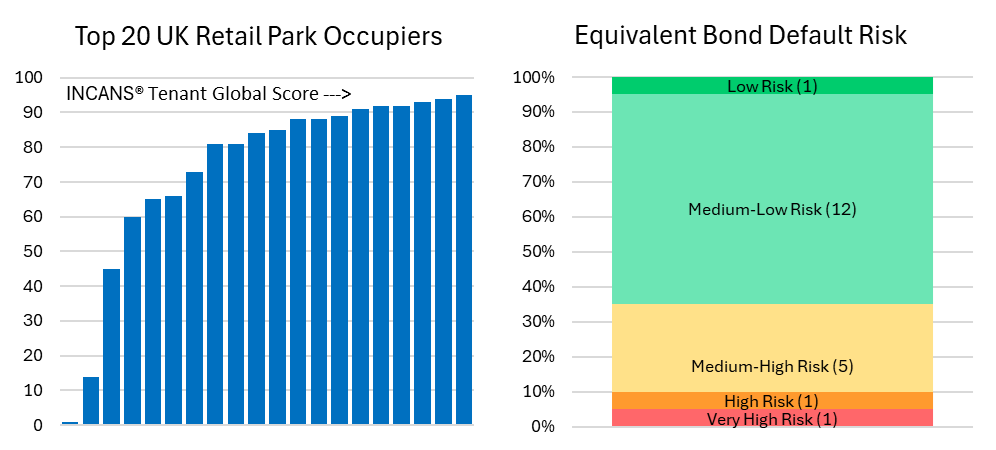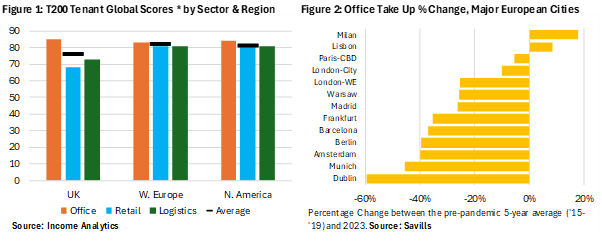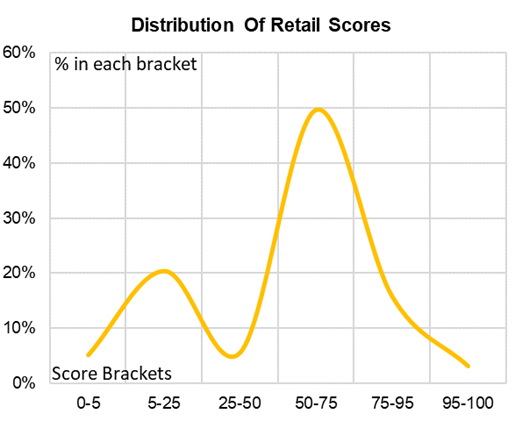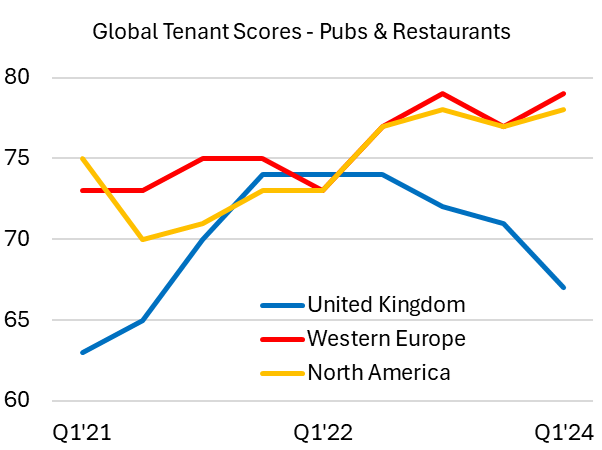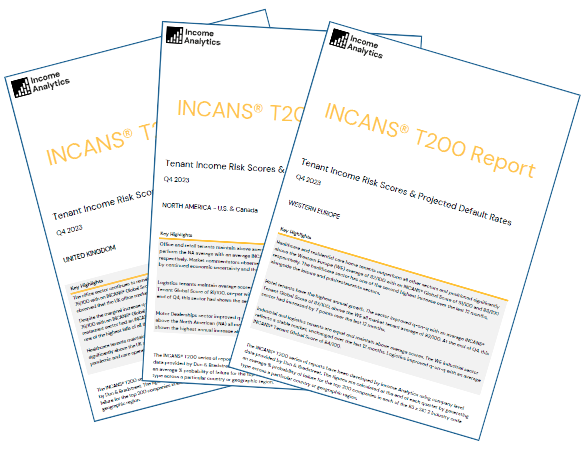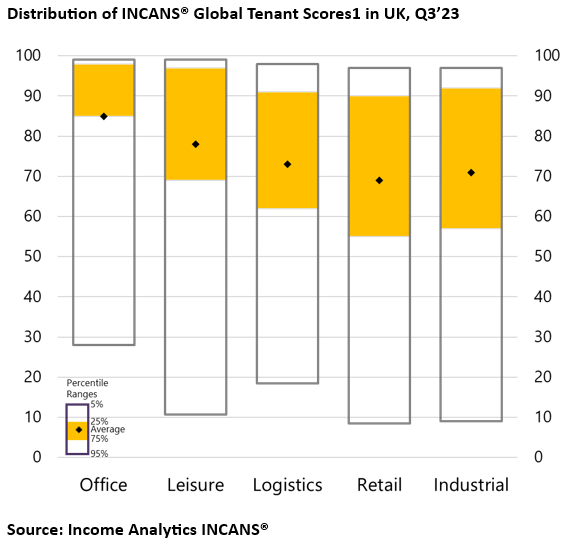The recent bull had its genesis in the global financial crisis of 2007. To rescue the economy, the central banks effectively set interest rates at 0%. This in turn meant that 10-year gilt yields fell as low as 0.7% by 2016, which forced investors to find other investments that would provide them with an income stream that met their short-term liabilities.
Commercial real estate was an obvious choice. Even with lower yields due to the rush, a real estate investment was a better option than having money sitting in the bank. Share prices and the value of real assets soared.
This goldrush continued almost uninterrupted until January 2022. At this point, the average yield spread between 10-year gilts and the MSCI All Property Monthly Index NOI Yield was a staggering 340 bps - well above the 150-200 bps spread seen by most investors as the “illiquidity premium” for holding property assets.
In 2022 the market bit back. The era of cheap borrowing, low energy costs, and secure supply chains had come to an end and the BoE was forced to push up rates. Government debt yields were forced to reflect the real global risks at play.
By June 2022, gilt yields had reached 2% - not a historic high by any standards, but double what they had been a year earlier. Importantly, it meant that the gap between 10-year gilts and UK commercial real estate started to narrow.
In September 2022, the Truss government’s mini-Budget sent shockwaves through the economy. This was catastrophic for commercial real estate markets as 10-year gilt yields surged to 4.5% and for a short period the yield on gilts was higher than UK property. In short, prime commercial real estate was more expensive than liquid 10-year UK government bonds.
Although markets have calmed with the new Prime Minister, there is little chance that yields will return to levels seen in 2020 or 2021. With gilt yields now at 3.5%, down from a high of 5%, the spread to the UK MSCI All Property NOI Yield is just 75 bps - well below the recent trend. Unlike in 2007, the Bank of England cannot put interest rates at 0% because of the economic backdrop; the aftermath of the pandemic and the cost-of-living crisis.
With little prospect of loose fiscal policy and a recession looming, real estate values have gone into retreat and this trend is expected to accelerate during Q4 2022. Traditionally property investors have required a 150-200 bps over gilt yields to hold an asset. Currently, this would equate to a 5.5-6.0% yield, which real estate is not generating. The UK MSCI All Property NOI Yield is currently just 4.3%.
These circumstances imply that UK commercial real estate values need to fall by c30-35%. This process has already started across all sectors and is well advanced in the retail sector where values have declined by 20-25% in recent years. The difference now is that this latest downturn will impact all sectors of the market. Indeed, Capco and Shaftesbury both reported a drop in portfolio value of 2-3% at the end of October. They won’t be the only ones.
So, what to do?
In the absence of capital growth, real estate behaves more like a bond through its ability to deliver a relatively secure and recurring income stream. But only if managed correctly. It becomes very important that investors spend more time understanding the quality and duration of the cash flow generated from their assets.
At the tenant level, investors need to gain a thorough understanding of the tenant’s financial strength, their industry and their business model. The real question every investor needs to ask is “what is the probability that my tenant will default (fail) during the term of their lease?”. This question requires a quantitative answer that can be expressed in cash terms.
Traditionally most investors and managers simply download a PDF company credit report then pay little attention to the changing nature of the risks associated with the tenant and their business or industry sector. In this market, that’s not good enough.
Today, AI can do far more. Income Analytics applies quantitative risk modelling techniques from the fixed income market to real estate tenants to measure the future probability of rental loss.
For the first time, letting agents, investors, valuers and lenders can access data that forecasts the actual percentage probability of default for a lease term of up to ten years and express the result in terms of cash at risk.
This is an enormous opportunity to protect cash flow. By adopting this AI-powered approach the real estate industry can start to behave more professionally by bringing itself in line with equity and debt markets. By effectively pricing risk, investors and lenders can safeguard those all-important cash flows that pay the REIT dividends, fund distributions, cash cover on debt and fees of almost all the market participants.
About Income Analytics
Based in London, UK, Income Analytics provides proprietary tenant income risk management tools, quants and analytics to the commercial real estate investment markets. With coverage of more than 500 million companies across 200 countries and territories, the business helps investors, lenders and property professionals make better informed letting, investment, lending and portfolio risk management decisions.
